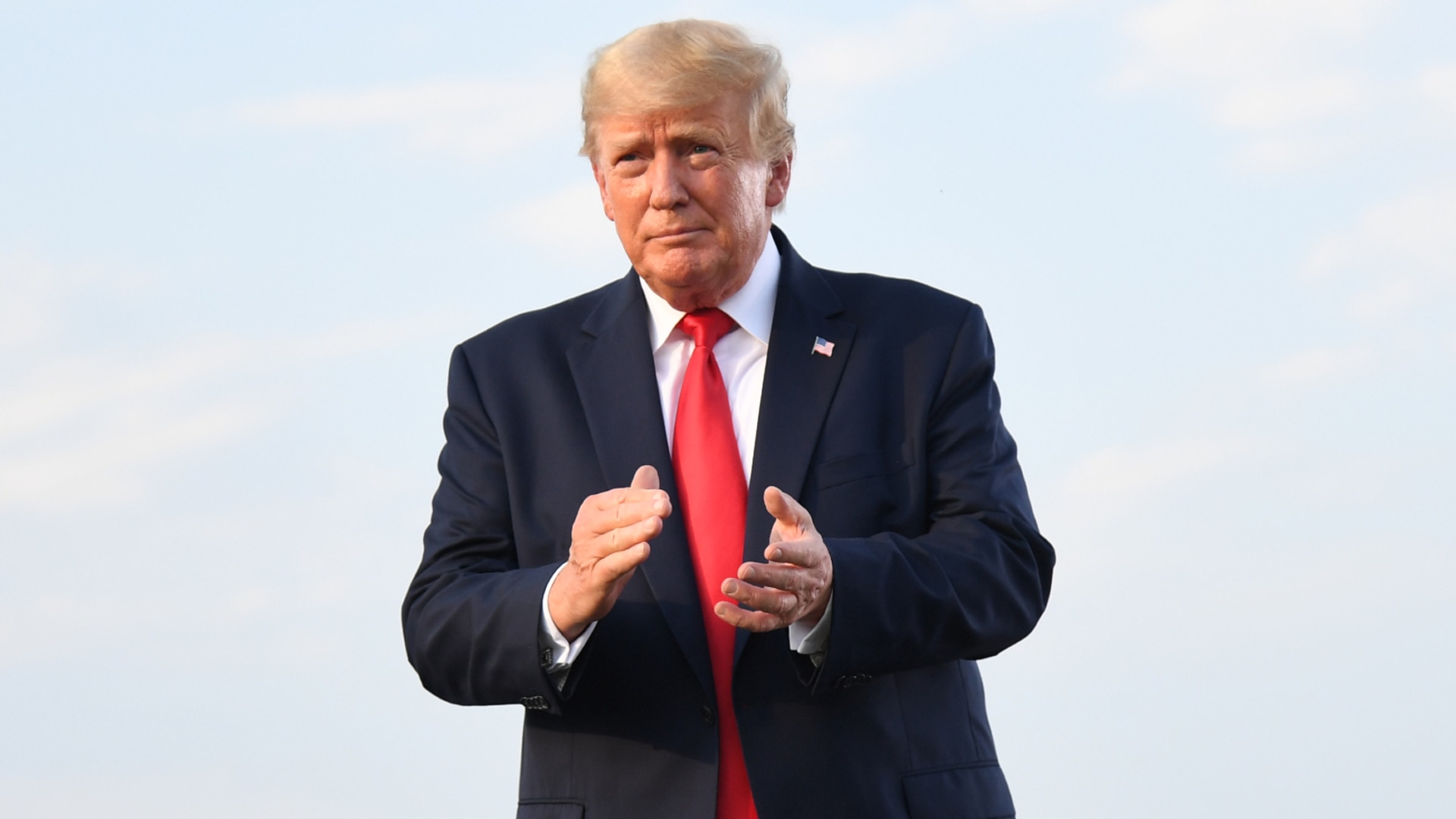US trade barrier report suggests Australia may avoid sweeping tariffs
Canberra appears to have got off lightly compared with China and Canada in the annual assessment of foreign trade barriers, but the News Media Bargaining Code and pharmaceuticals are to be ‘monitored’.

The United States’ annual assessment of foreign trade barriers suggests Australia may be spared the worst of sweeping reciprocal tariffs on April 2
The 2025 National Trade Estimate Report – released by the United States Trade Representative on Monday local time - listed Australia’s News Media Bargaining Code and intellectual property protections for pharmaceuticals as areas to be addressed.
Yet Canberra appears to have escaped lightly when compared to other countries like Canada and China where the US has found far more foreign barriers to American exports, direct investment and electronic commerce.
The annual report is aimed at identifying policies that “distort or undermine fair competition.”
It provides a country-by-country assessment of these barriers and singled out Australia’s News Media Bargaining Code for attention. It noted that, in December, the Australian government had announced its intent to tighten the rules surrounding the News Media Bargaining Code, “including by introducing a financial penalty for designated platforms that do not reach or renew commercial agreements.”
“The United States continues to monitor this issue,” it said.

Under the news media bargaining framework, Australian media outlets would be compensated for any of their content that appeared on platforms owned by the tech giants. However, the tech giants have complained that this has resulted in the redistribution of $140m in annual revenue from US digital suppliers to local news businesses.
On intellectual property protections, the report said that Australia needed to notify a pharmaceutical “product patent owner” of any request for marketing approval by a third party under the terms of the Free Trade Agreement which entered into force in January 2005.
The report said Australia needed to provide measures in its marketing approval process to “prevent persons other than the patent owner from marketing a patented product.” However, US and Australian pharmaceutical companies had “expressed concerns about delays in this notification process.”
“The United States has also raised concerns about certain provisions in Australian law regarding potential civil damages in cases where a patent owner seeks a preliminary injunction,” it said. “The United States will continue to monitor these issues.”
Australian national cultural policy was also identified as problematic given that consideration was being given to “imposing Australian screen content requirements on streaming video services.”
Published in January 2023, the policy recommended the Australian government introduce “requirements for Australian screen content on streaming platforms to ensure continued access to local stories.”

The Trade Estimates Report said the US would “continue to monitor this issue to ensure Australia’s compliance with its FTA obligations.”
Australia’s treatment of key American agricultural imports – including beef, pork, poultry, apples and pears – was also called out in the report.
It warned that Canberra’s approval processes for nations that had reported cases of bovine spongiform encephalopathy (BSE) were complex and, in 2003, Australia had closed its market to US beef after the detection of BSE in America. While, in May 2018, Australia lifted its ban on heat-treated, shelf-stable beef products, its market remained closed to fresh US beef and beef products.
Pork and pork products were the third-leading US agricultural export to Australia, but no imports of fresh/chilled pork and bone-in products from America were accepted because of concerns about porcine reproductive and respiratory syndrome (PRRS) and post-weaning multi-systemic wasting syndrome (PMWS).
“The United States has provided Australia with scientific evidence demonstrating the safety of US pork products; however, the issue remains unresolved,” the report said. “Access to the Australian market for fresh/chilled/frozen pork, bone-in pork, and pork products remains a high priority for the United States.”
Washington was also concerned that Australia prohibited imports of uncooked poultry meat from all countries except New Zealand. “The United States has identified this issue as a high priority and will continue to work with Australia to gain meaningful commercial market access for cooked poultry meat,” the report said.




To join the conversation, please log in. Don't have an account? Register
Join the conversation, you are commenting as Logout